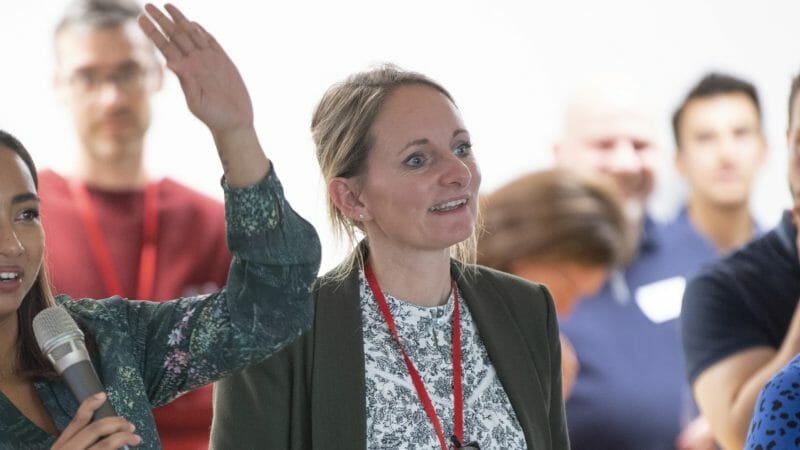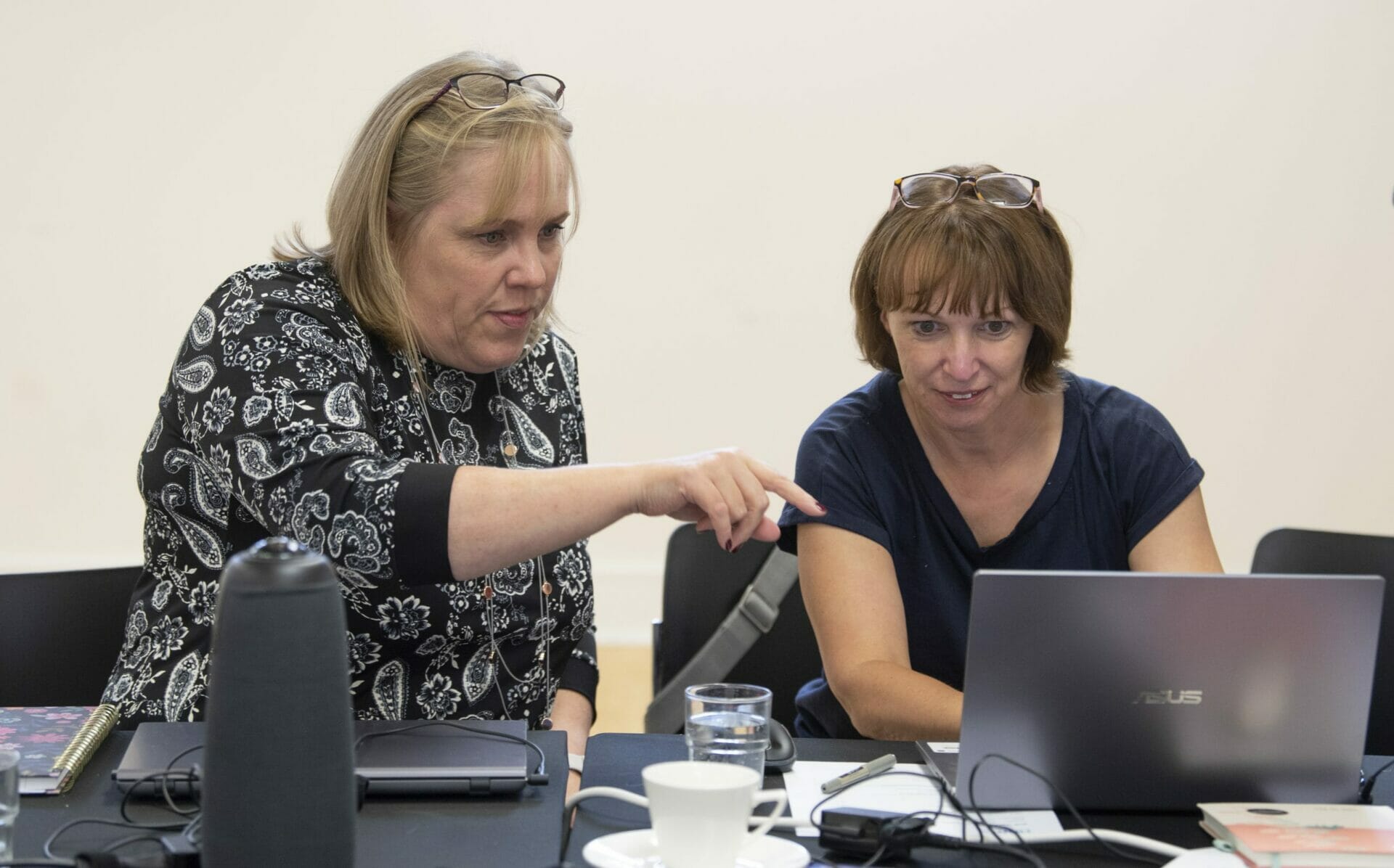What do we mean by the ‘Diabetes Data Science Catalyst’?
The Diabetes Data Science Catalyst will support research of relevance to both diabetes and cardiovascular diseases through the use of health data science and advanced analytics such as Artificial Intelligence.
Cardiovascular diseases and diabetes are closely related – cardiovascular diseases are the cause of death in around two thirds of people with diabetes. However, there remain many unanswered research questions about the links between diabetes and cardiovascular diseases and how best to target treatments to help patients and their families living with these conditions.
What are we doing?
We are:
- Supporting driver projects that speed up the use of health data in diabetes research.
- Supporting and enabling researchers to better understand and use healthcare systems data. We held a showcase event to highlight the support available. Work is also ongoing to develop and share Diabetes Phenotypes. You can read about this in our Computable Phenotypes area here.
- Providing guidance for researchers wishing to use diabetes datasets for research. Have a look at the information we have collated on key national datasets and how to access them:
How to access data & other considerations
The guidance currently refers to clinical trials, although many of these datasets are accessible within Trusted Research Environments under CVD-COVID-UK/COVID-IMPACT.
Extending the research potential of diabetes cohorts, Diabetes Cohorts will be some of the first cohorts to join our new platform.
Areas of work
Find out more about our data-led research.

CVD-COVID-UK / COVID-IMPACT
One of seven National Flagship Projects approved by the NIHR-BHF Cardiovascular Partnership, linking population healthcare datasets across the UK to understand the relationship between COVID-19 and cardiovascular diseases.
Learn more…
Whole Population Data
Better use of nationally-collated, structured, coded data: accessing, improving and using linked, national, population-wide health data.

Imaging
Better use of unstructured data: addressing the challenges of accessing, improving and using unstructured data, for example from cardiac and brain imaging, medical free text and electrocardiograms.

Smartphones and Wearables
Exploring how data from apps and wearables, linked to other health datasets, can inform trajectories of cardiovascular health and disease.

Clinical Trials
Developing platforms for efficient, cost-effective trials, using routine health data to recruit and follow patients with cardiovascular conditions.

Defining Disease
Developing methods to define cardiovascular health and disease in computable form through a collaborative network of expertise that provides a world-leading, open, cardiovascular phenotype library of tools and protocols.

Cohorts
Facilitating the linkage of large, ‘omics-rich’ cohorts to electronic health records to better understand the causes of cardiovascular diseases.

Stroke Data Science Catalyst
This five-year partnership between the British Heart Foundation (BHF) Data Science Centre, Health Data Research UK (HDR UK), the Stroke Association, and the BHF – will enable approved research teams to use data from real-world settings, including hospitals, GPs and pharmacies, to improve our understanding of stroke risk factors and open the door to better prevention and treatment.